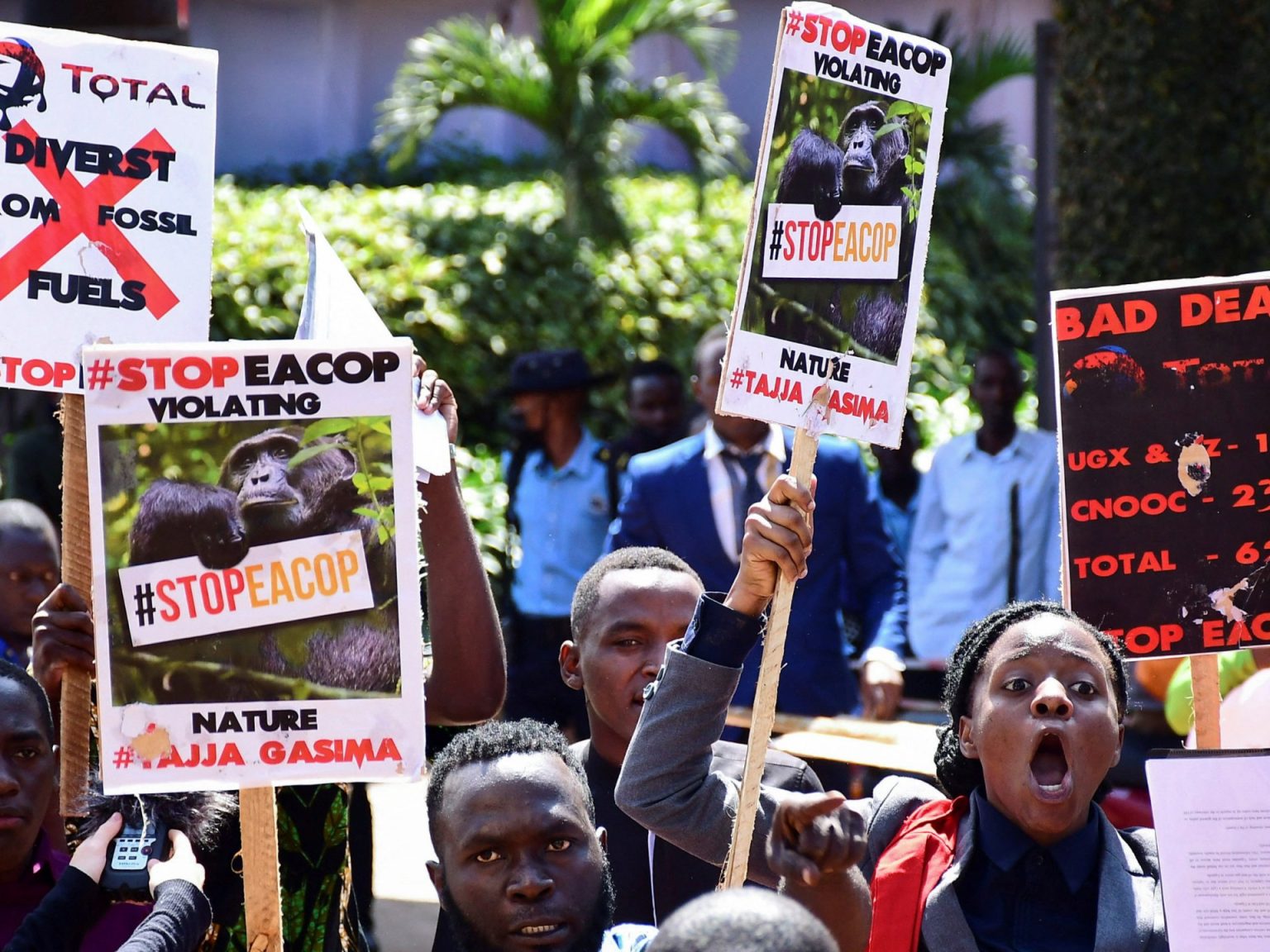Environmental Governance Institute (EGI) reports that activist Stephen Kwikiriza was found abandoned on the side of a road in Kyenjoyo after being released from detention. He was in poor condition after enduring severe beatings, mistreatment, and abuse while in custody. EGI is campaigning against the construction of the $5bn East African Crude Oil Pipeline, which is intended to carry oil from western Uganda to a port in Tanzania. Kwikiriza was detained by the Ugandan military and reportedly interrogated about his illegal activities, including mobilizing activists to oppose the pipeline.
The International Federation for Human Rights (FIDH) expressed concern over Kwikiriza’s detention, stating that he was taken by Ugandan army officers in civilian clothing, which they described as a worrying escalation of repression. A senior military officer confirmed Kwikiriza’s detention for questioning but denied any knowledge of him being beaten during interrogation. FIDH reported that a total of 11 environmental activists had been targeted by the Ugandan authorities between May 27 and June 5, 2024.
Human Rights Watch (HRW) also voiced concern over the harassment of activists opposing the East African Crude Oil Pipeline Project, which they believe will displace thousands of people and contribute to the global climate crisis. French energy giant TotalEnergies, the majority stakeholder in the pipeline, stated that they do not tolerate threats or attacks against human rights defenders. TotalEnergies rejected allegations that the pipeline will displace communities and harm ecosystems, while the Ugandan and Tanzanian governments also hold minority stakes in the project.
The European Parliament has expressed opposition to the pipeline in a resolution adopted in September 2022, further highlighting the international concern surrounding the project. Activists and environmental organizations are calling for an end to the harassment of those opposing the pipeline and are pushing for more sustainable and environmentally friendly alternatives. The situation in Uganda continues to raise alarm bells among human rights advocates and environmental activists, who fear the negative impacts of the pipeline on local communities and ecosystems.
Despite the denials from authorities and the companies involved, the ongoing detention and mistreatment of activists like Kwikiriza underscore the challenges faced by those opposing large-scale infrastructure projects in the region. The pressure from both domestic and international actors to prioritize human rights and environmental protection over economic interests is growing, and it remains to be seen how the situation will develop in Uganda and other countries affected by similar projects. The release of Kwikiriza and the attention drawn to his case by various organizations may serve as a catalyst for greater scrutiny and accountability in the implementation of the East African Crude Oil Pipeline and future projects of its kind.












